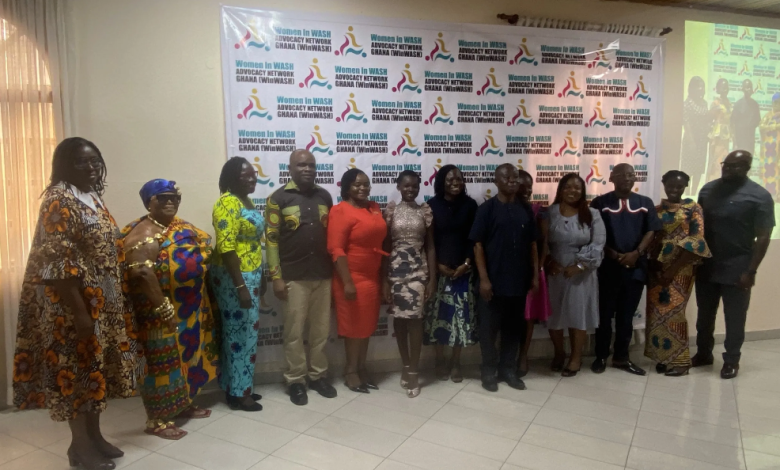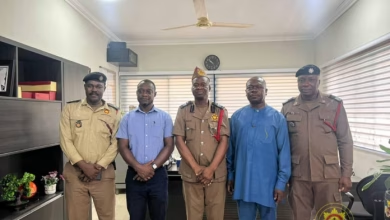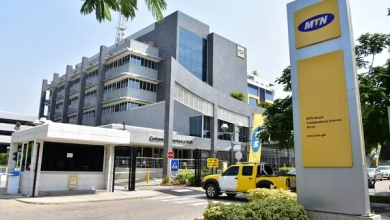Gender Mainstreaming in WASH Requires Concerted Efforts, Says Sanitation Minister

- Minister calls for action on gender parity in WASH sector.
- Gender mainstreaming needed in WASH planning and implementation.
- WinWASH Network launched to promote gender equality in WASH.
- Millions of women and girls lack access to basic WASH services.
The Minister of Sanitation and Water Resources, Madam Lydia Seyram Alhassan, has emphasized the need for a deliberate plan to address gender parity in the Water Sanitation and Hygiene (WASH) sector. She stressed that gender mainstreaming in WASH requires intentional efforts to integrate gender perspectives into all stages of planning, implementation, monitoring, and evaluation of programs.
This approach recognizes and addresses the different needs, roles, and priorities of women and men in accessing and benefiting from WASH services. The minister made these remarks at the maiden WinWASH forum and the launch of the Network in Accra, where she called on stakeholders to develop strategies to tackle gender-related issues in WASH.
Madam Jennifer Buabeng, Director General of the MSWR in charge of Administration, represented the minister at the event and tasked stakeholders to reaffirm their commitment to ensuring access to WASH services for every woman and girl. The theme of the forum and launch was “Gender mainstreaming for inclusive WASH service delivery in Ghana,” highlighting the importance of gender equality in the sector.
Madam Buabeng emphasized the need to empower women with knowledge, resources, and opportunities to contribute to decision-making processes that affect their communities. She noted that access to clean water, proper sanitation, and hygiene facilities is a fundamental human right, yet millions of women and girls face significant barriers in accessing these basic services.
The WinWASH Advocacy Network, made up of female leaders in WASH-related organizations, aims to improve WASH in Ghana and promote gender equality. The network seeks to prioritize the most marginalized and vulnerable groups, ensuring privacy, dignity, comfort, safety, and accessibility for all in WASH service delivery.






